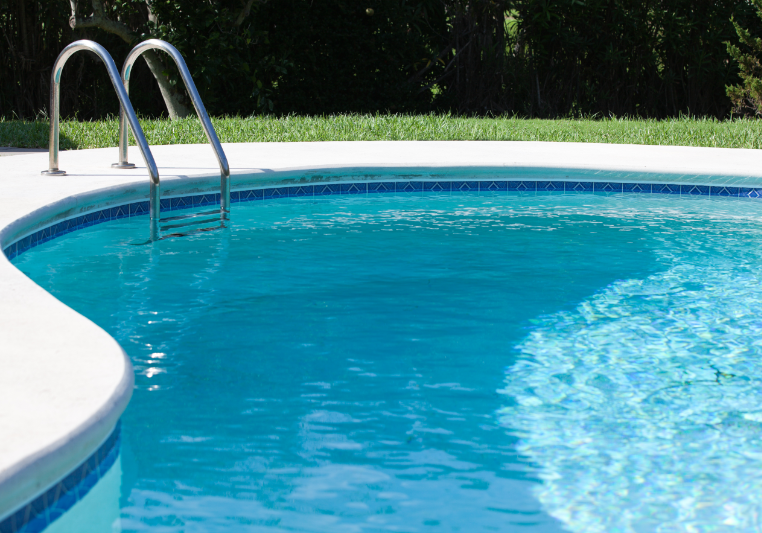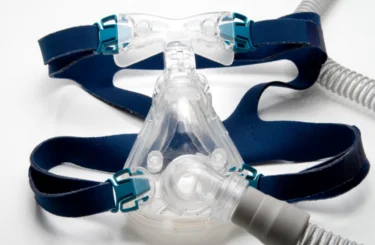
Common Water-Related Injuries and How to Avoid Them
Whether you enjoy swimming in a pool, visiting the ocean, or getting out on the lake, few things compare to spending time near the water. As refreshing and peaceful as it may be, water can also be very dangerous.
Staying safe near the water requires preparation, education, and vigilance. This article discusses some of the most common water-related injuries and provides tips for avoiding them.
Drowning
Tragically, drowning is a leading cause of death for children, especially those younger than four. However, it affects people of all ages. According to the Centers for Disease Control and Prevention, there are around 11 fatal drownings and 22 nonfatal drownings every day in the United States. It only takes a moment for a drowning to happen. Even strong swimmers can be pulled into an undertow, swept into a strong current, or lose consciousness and be unable to surface.
Many drownings occur in swimming pools. Always ensure pools are adequately secured and all fencing and locks are in good working order. An adult should always actively supervise children around any body of water. Educating yourself about water safety and how to perform CPR can save a life.
Slip and Fall Injuries
Slippery surfaces can result in slips and falls, leading to severe injuries or even death. Falls can lead to broken bones, traumatic brain injuries, back injuries, and other injuries. If a person slips around a pool, lake, or ocean, they could potentially drown.
You can prevent a slip by staying aware of where you are walking and wearing water-appropriate shoes when possible. On a boat or other watercraft, wear a life jacket or personal flotation device, even if you have no intention of entering the water.
Diving Injuries
Diving into shallow water or near submerged objects can lead to catastrophic head, neck, and spinal cord injuries, paralysis, or death. The American Red Cross recommends at least nine feet of water for headfirst diving from a pool deck, starting block, or diving board.
Jumping or diving into a natural body of water can be dangerous, especially when the water is murky. Submerged rocks, trees, and other debris can be anywhere, so only swim and jump into familiar water. Never ignore a sign that forbids swimming or jumping into an area of water.
Boating Accidents
Michigan’s proximity to the Great Lakes provides ample opportunity for aquatic fun and attracts many hobbyists and tourists. As such, the waterways in and around Michigan are busy, and watercraft accidents are common.
Boaters must know and follow the state-specific minimum safety requirements for boats and watercraft, including having the required number of flotation devices on board. Adult boaters are not required to wear a life jacket while onboard, but doing so can prevent drowning if an accident occurs.
A significant contributor to watercraft accidents is alcohol. Like drinking and driving, operating a boat while intoxicated is dangerous and illegal. Because boats do not have seatbelts, occupants can be thrown around or off the vessel if an impact occurs. Alcohol also increases the chances a driver will take risks on the water and be unable to avoid colliding with another vessel, person, or object.
Accident or Negligence?
Sometimes water accidents are unavoidable. However, many heartbreaking occurrences are the result of negligent or reckless behavior. If you or a loved one has been hurt or killed in a water accident, contact a personal injury attorney without delay. You may be entitled to compensation for injuries and other damages related to the accident. For a free, no-obligation consultation, contact Sommers Schwartz today.
Kenneth T. Watkins
Kenneth T. Watkins is an accomplished trial attorney and Senior Shareholder with Sommers Schwartz. Over the course of his career, he has obtained numerous multimillion-dollar settlements. His achievements include one of the largest seven-digit medical malpractice cases in Macomb County in 2008, and his election to membership in the exclusive Million Dollar Verdict Club.





